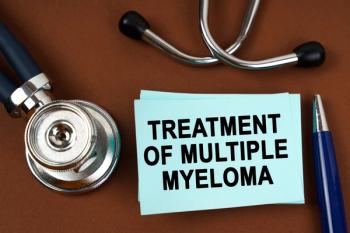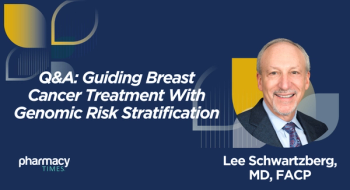
Older Adults At Higher Risk of Continued Opioid Exposure After Hospitalization
After a hospitalization, age is positively associated with the likelihood of receiving an opioid prescription.
After a hospitalization, age is positively associated with the likelihood of receiving an opioid prescription and patients that are older than 76 years of age have the greatest odds of continued opioid exposure, according to a new study.
Additionally, the findings showed that 20% of older adults that were given a new opioid prescription after hospitalization received at least 1 more within 3 to 9 months, and 4.8% met the criteria for long-term use.
“We have very little data about opioid prescribing patterns among older adults, which is why studies like this one are important,” lead author Justina L. Groeger, MD, MPH, a Geriatric Medicine Fellow at Montefiore Health System, told MD Magazine. “If we can better understand patterns of opioid prescribing to older adults, we will be in a better position to develop interventions to improve judicious prescribing of opioids to this population.”
Click to continue reading on
Newsletter
Stay informed on drug updates, treatment guidelines, and pharmacy practice trends—subscribe to Pharmacy Times for weekly clinical insights.








































